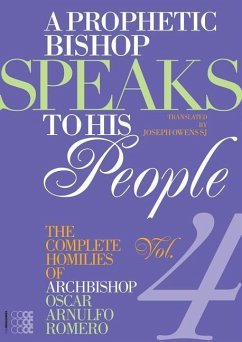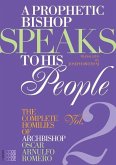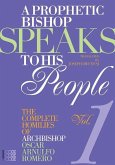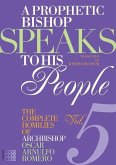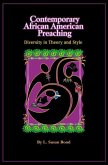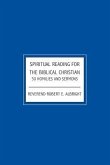This fourth volume recounts a tale of mounting turmoil in El Salvador as the security forces and rightist paramilitary bands wrought havoc in the countryside and in the major cities. Archbishop Romero continued to preach a message of peace and non-violence even as his priests and pastoral agents were being killed, captured, and tortured. While besieged on many fronts in his homeland, Romero's fame abroad continued to grow and win acclaim. When the British Parliament nominated him for the Nobel Peace Prize, he declared that it was his long-suffering people who should receive the prize rather than himself. The World Council of Churches recognized Romero's achievements and sent a representative to reinforce the archbishop in his struggle with the forces of chaos.Romero also played an important role at this time in the famous conference of Latin American bishops in Puebla, which strengthened the church's commitment to economic and social justice for the poor.
